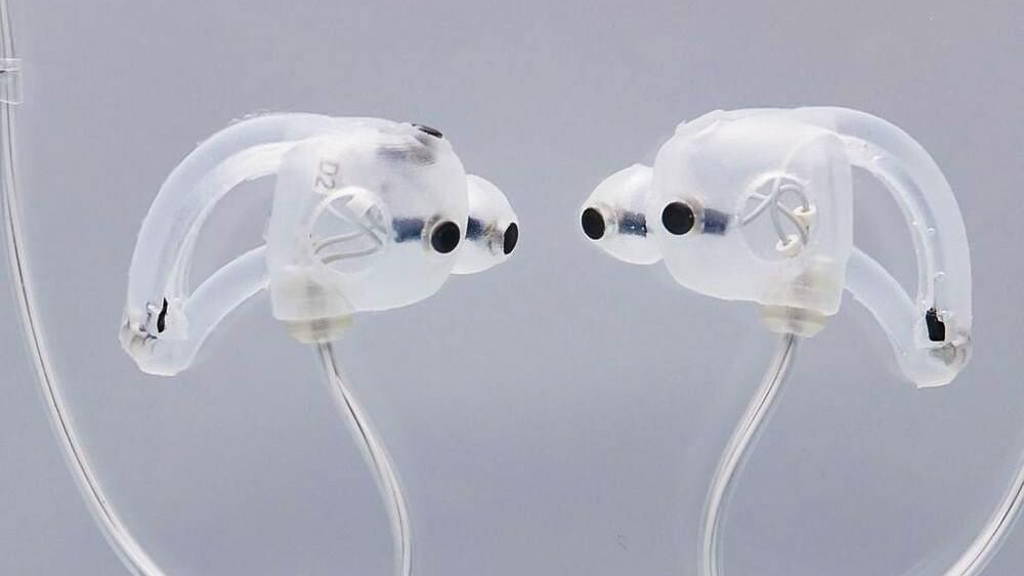Dementia (with Alzheimer's being the most common form) and Parkinson's are rapidly increasing in an aging world. Based on population studies, an estimated 290,000 people had dementia and approximately 50,000 had Parkinson's in the Netherlands in 2021. Early diagnosis is crucial, and the innovative ear-EEG device can help in a groundbreaking way. In the Netherlands, researchers at UMC Utrecht, for example, have succeeded in predicting potential future cognitive problems using their own developed software and brain scans.
Bringing Diagnosis Forward by 10-15 Years
The new research with the ear-EEG device is groundbreaking because it can identify Alzheimer's, the most common form of dementia, and Parkinson's at an early stage in a minimally burdensome manner. Rigshospitalet, Aarhus University, and T&W Engineering are collaborating on this EEG-in-ear headphone project.
Early detection is important as it provides more treatment options. A good example is the use of dementia-modifying medication such as rivastigmine. While these medications do not cure the disease, they can significantly slow down its progression. Early diagnosis is essential because the earlier medication is initiated, the better it can slow down the disease process.
Non-Invasive Ear-EEG
The new smart device measures the electrical activity and sleep patterns of the brain through the ears, which can provide indications of early signs of these conditions. With this project, the researchers hope to diagnose patients with Alzheimer's or Parkinson's earlier than with current methods.
Professor Preben Kidmose, head of the Center for Ear-EEG at
Aarhus University, explains the possibilities on the university's website: "Alzheimer's and Parkinson's are diseases that develop over many years. They are usually only discovered once people develop memory-related problems, sleep disorders, or motor disorders. The diagnosis is generally made so late that only the symptoms can be treated. In this project, we will try to identify the signals of these two diseases 10-15 years before the first problems occur. If successful, it will open up more and better treatment options!"
PANDA Project Focuses on Ear-EEG
Rigshospitalet, Aarhus University, and
T&W Engineering are jointly conducting this research on the ear-EEG device. The device is being developed as part of the PANDA project, which stands for "Progression Assessment in Neurodegenerative Disorders of Ageing." It is a four-year project with a total budget of 3.38 million euros. The project's central focus is the development of a simple home measurement for early detection and monitoring of Alzheimer's and Parkinson's diseases.
The goal is to investigate whether it is possible to screen patients for these two severe brain diseases using the technology. This appears promising, as recent research shows that a person's sleep pattern can indicate early signs of Alzheimer's and Parkinson's. The potential of this smart form of home measurement is likely not limited to the two mentioned conditions alone. The smart in-ear headphone enables discrete and convenient unsupported brain sensing, opening up a wide range of new long-term EEG analyses. This could include sleep analysis, epilepsy, brain-computer interfaces, stress, depression, and neurological disorders.






